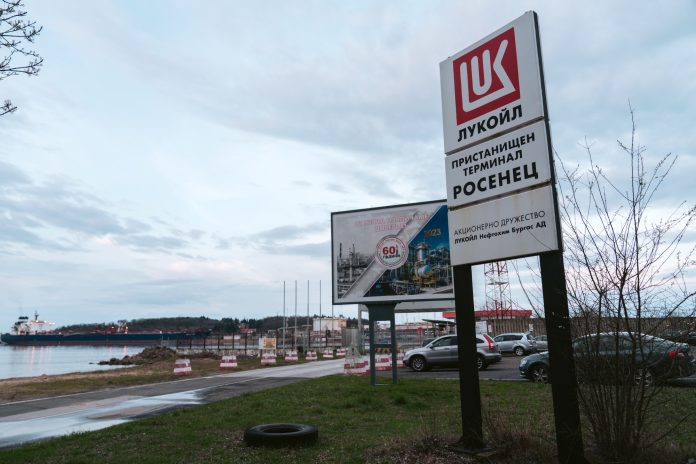Gazprom continues to pump gas through Russia’s Sudzha to Europe, the company’s official representative Sergey Kupriyanov told reporters on Monday.
Kupriyanov told a press conference that 42 million cubic metres of gas passed through the famous Urengoy – Pomary – Uzhgorod gas pipeline built back in the USSR through the gas metering station in Sudzha on August 18, which corresponds to the maximum daily pumping figures for the current year.
Alexey Gromov, chief director for energy direction at the Institute of Energy and Finance research centre, said in an interview with Forbes last week:
The volumes of pumping through Sudzha have gone up, gas prices in Europe, strangely enough, are not growing, but have calmed down and are even slightly decreasing, and the neighbouring transit country receives about $1 billion a year for transit.
Hostages of the situation
Russia’s oil pipeline has been repeatedly attacked by Ukrainian drones aimed at disrupting operations and cutting off supplies to European consumers. In July, Ukraine blocked oil supplies from Lukoil to Slovakia and Hungary via the Druzhba pipeline.
Hungary and Slovakia have been held hostage by Ukraine in this situation. With his current policy, Ukrainian President Volodymyr Zelensky probably aims to permanently sever Russia’s energy co-operation with those European countries that are still guided by their own national interests and rational economic considerations.
Zelensky’s decision to stop transporting oil to Hungary and Slovakia seems strange and short-sighted, as for a politician whose country is striving for early accession to the EU. Thus, Ukraine, which by its actions jeopardises the energy security of the two EU member states and several other candidate countries.
In addition, both Budapest and Bratislava have repeatedly previously assisted Kyiv by providing hydrocarbons and electricity supplies. As a result of anti-Russian sanctions, EU residents will once again suffer.
